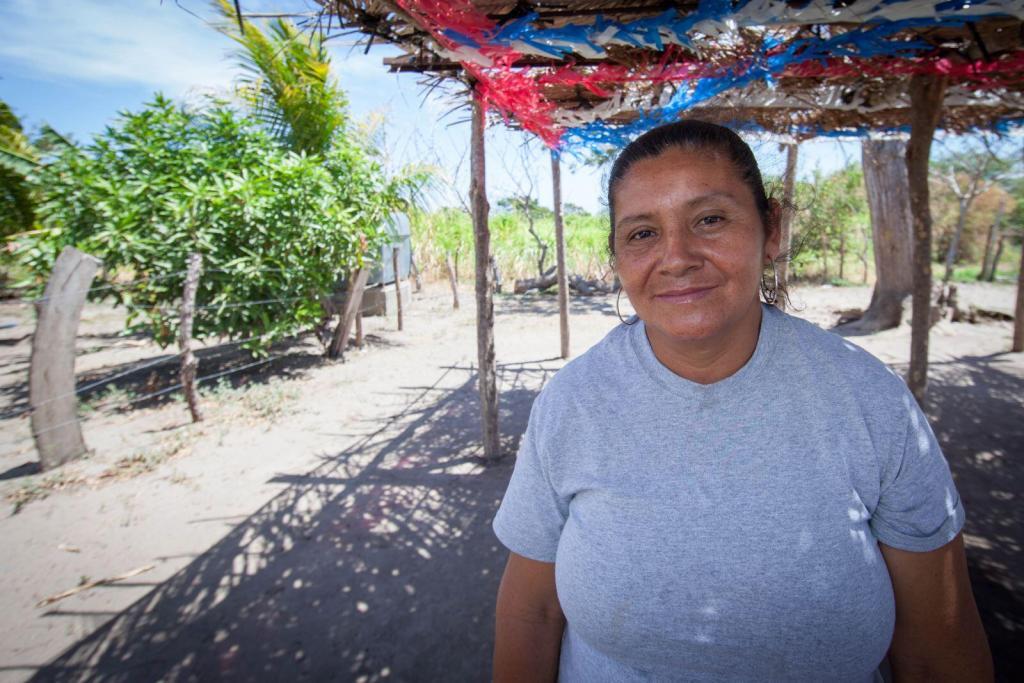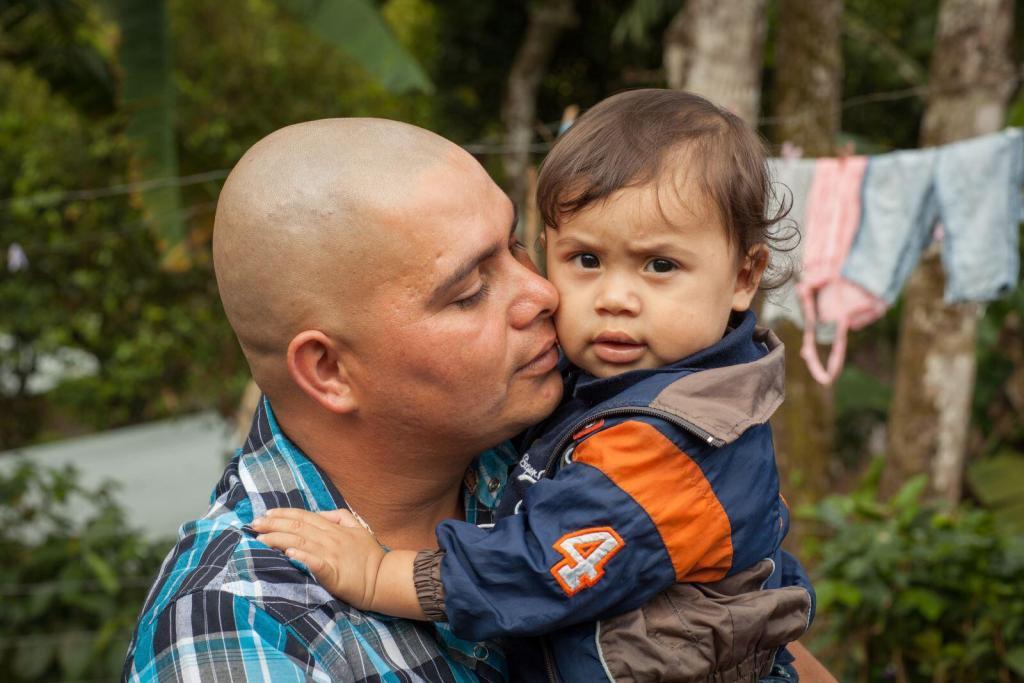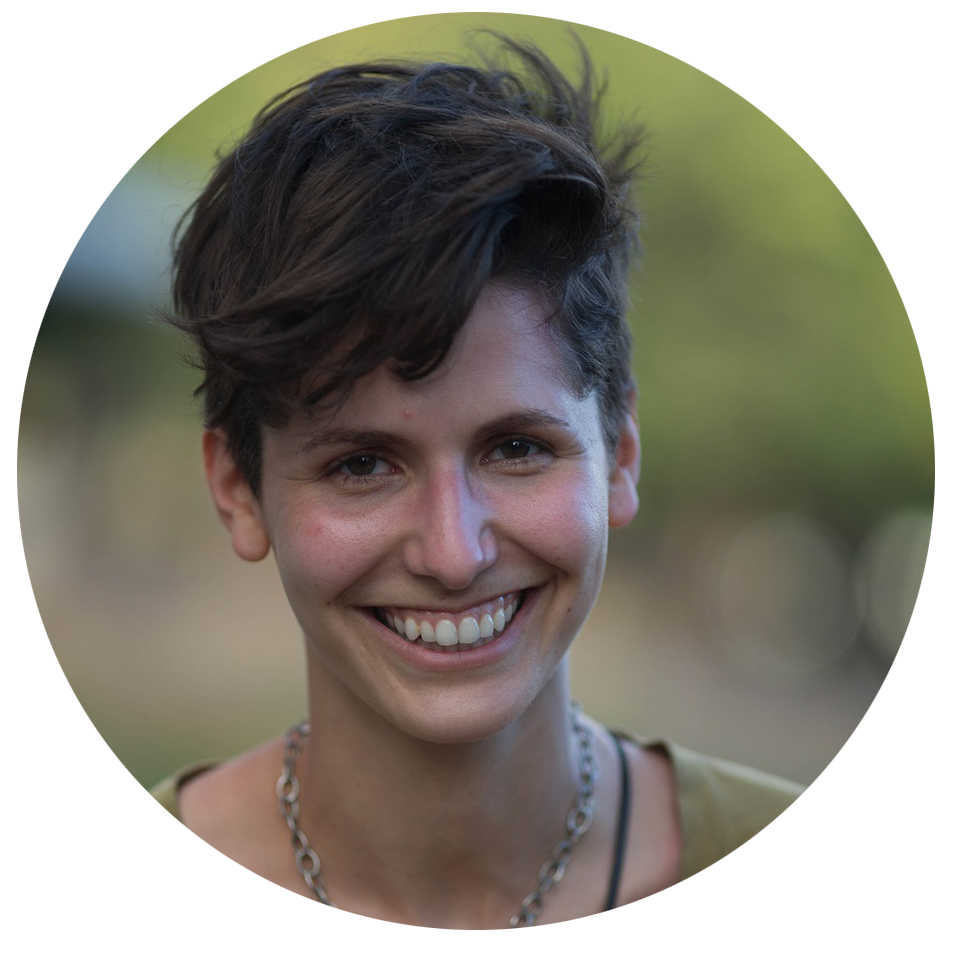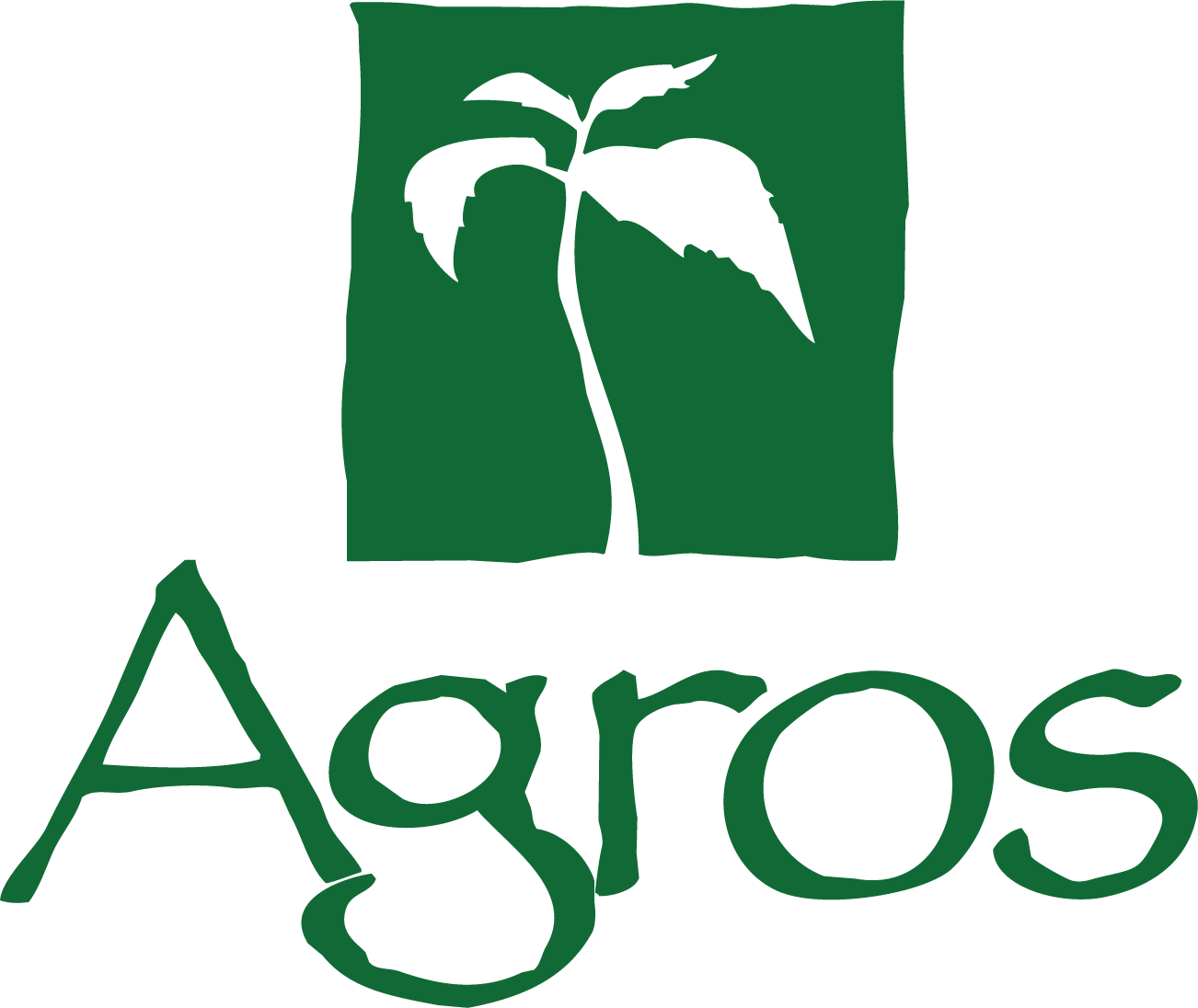Zika. You’ve probably heard frightening stories lately of a new virus in Latin America causing terrible birth defects. This month the World Health Organization called the outbreak a public health emergency. We wanted to give you an update with the facts you need to know about the virus, how it’s spread, and how we’re responding to protect our families.
But first, the good news: we’ve seen 0 instances thus far of zika among our families. And the great news is, that’s what we’d expect, thanks to our heroic brigadistas, community health volunteers who provide stable and trusted preventative healthcare 365 days a year within our communities. Read on to learn more …
WHAT IS ZIKA?
Zika is a mosquito-borne virus in the same family as dengue and yellow fever. Zika was first discovered about a half century ago in the Zika forest in Africa, but didn’t spread into the Western hemisphere until spring of 2015.
For most people who contract zika, symptoms are mild. The effects of the disease are similar to, but less intense than, those of dengue fever: rash, joint soreness, and fever. Many zika carriers experience no symptoms at all. There is no vaccine or treatment available right now.
The greatest danger posed by zika is its link to microcephaly, a condition where children are born with an unusually small head and incomplete brain development. Microcephaly has surged in countries like Brazil where zika has spread rapidly and appears to be triggered when a woman contracts the virus during pregnancy.
WHERE IS ZIKA NOW AND HOW IS IT SPREADING?
Zika has been seen in 26 countries, including all of Central America, where we operate. Zika is primarily spread through the bites of infected mosquitoes. Doctors are also examining cases of transmission through sexual contact as well as mother-to-child.
HOW IS AGROS RESPONDING TO PREVENT ZIKA?
We currently have 0 instances of zika in our villages. That’s because – thanks to you – our communities already have a trusted system in place to prevent the spread of mosquito-borne illnesses like zika: the valiant brigadistas.

Migdalia is a brigadista in Luz del Mañana, Nicaragua.
Within each of our communities, a group of villagers, often women, are chosen to become the brigadistas – members of the health brigade. Brigadistas receive training on preventative healthcare areas like clean water and hygiene, domestic violence, and maternal and new baby care from the Ministry of Health. They then act as the stewards and watchdogs of their communities’ health.
Because they live within the community, brigadistas are trusted and can monitor health conditions like pregnancies closely over time, referring their patients to the hospital quickly if problems arise.

Brigadistas helped Carlos and his wife Yaris learn that Carlito, their son, was allergic to his mother’s milk, then helped them access powder to make soy milk for him so his development would stay on track. Tierra Nueva, Nicaragua.
Prevention of mosquito-borne illnesses, like dengue, yellow fever, and now zika, is already part of the brigadistas’ training curriculum for our communities. We’re grateful to see that so far prevention is holding off the disease. The system works!
Our brigadistas will continue to be our families’ first line of defense against zika, boosting preventative practices within the community and watching carefully to see if any cases develop.
In addition to preventative action at the family level, we’ve requested that the Ministry of Health spray nearby mosquito-breeding grounds around communities, like areas of standing water.
HOW CAN YOU HELP?
There are two ways: please pray for our families, especially mothers and vulnerable children, that the virus will not reach them and cause harm.
You can also consider investing in our brigadistas with a donation today. These heroic community health volunteers – often women in their first leadership roles – are thwarting diseases like zika and saving lives every day from preventable health conditions like pregnancy complications and water-borne illnesses.
- $50 would cover a Healthy Baby Session, where brigadistas weigh and measure children under 2 to stave off malnourishment and ensure healthy development.
- $100 would support one mother’s journey through pregnancy with a brigadista at her side, providing pre-natal care, help getting to the hospital for a safe birth, and early childhood support.

Your donation of any size will invest in the health of our families and support this crucial component of our holistic system of community health & well-being, financial services, agricultural training, and education.
NEXT STEPS
We will keep you updated on the status of our families’ health as the zika outbreak progresses.
If you’d like to read more about the history and reach of zika, we recommend the New York Times article “Short Answers to Hard Questions about Zika”.
Let us know if you have any specific questions at donor.services@agros.org or in the comments.
 Anna Lehn
Anna Lehn
Marketing & Communications Manager


